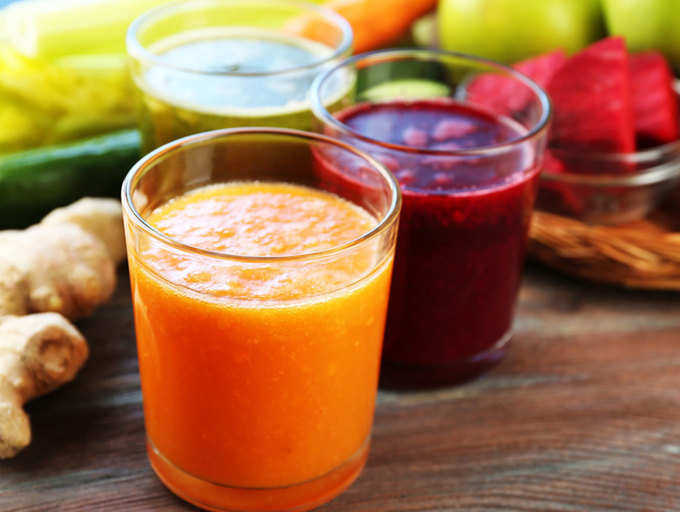Fruit concentrates are prepared by removing water from fruit which also lowers the weight and volume of juices in fruit. Fruit concentrate retains calorie and sugar content even after eliminating water but loses fiber, volume, and vitamin C. Freeze drying is regarded as an effective method for preparing high-quality food solids & powders and is also called lyophilization. High fructose corn syrup is a good substitute for sugar and is called glucose. Fructose is much cheaper and easier to handle. Nowadays, thermal evaporation is adopted for preparing the concentration of fruits by eliminating water from food as a vapor. The fruit concentrate makes transportation and storage easy, which in turn also extends their shelf-life.
The growing demand for health-related products will drive the growth of the global fruit concentrate market significantly. There is a high demand for clean-label natural fruit products among people due to the growing prevalence of diabetes, obesity, and several other chronic diseases. According to the World Health Organization, millions of people are struggling with diabetes and are posing a huge demand for fruit concentrates globally. Furthermore, the growing health awareness among people also influences them to adopt fruit concentrates in their daily lives. Also, the hectic and fast working lifestyle of customers is creating several lucrative growth opportunities in the market.
Fruit concentrate is widely being adopted as an alternative for refined sugar in a large number of applications, including confectionery, chocolate, desserts, cake, and juice items. Fructose is a widely accepted fruit concentrate, used in baked goods because it does not only make the item sweet but also incredibly moisten it owing to the fact that fructose attracts water more than sugar. However, such advantages offered by fruit concentrate widely encourage people to adopt natural substitutes in the baking industry. Also, there is a significant spike in demand for fruit concentrate in several end-user industries because they are less expensive than freshly prepared juices. The rising popularity of non-alcoholic drinks due to their nutritional and taste benefits is likely to expedite the growth of the market manifolds.
The global fruit concentrate market can be segmented into application, product, fruit, and region.
By application, the market can be segmented into bakeries, dairy products, beverages, confectioneries, and others.
By product, the market can be segmented into liquid concentrate and powder concentrate.
By fruit, the market can be segmented into pears, pineapples, oranges, specialty fruits, lemons, apples, and others.
North America accounts for the largest share in the global fruit concentrate market due to the growing popularity of homemade juices and flavored foods like yogurt in the region. Furthermore, there is high demand for natural sweeteners and natural colors in the food sector in the region, which in turn will also accentuate the growth of the regional market. The availability of fruit concentrates permits shoppers to prepare all the food items off the season and year-round.
Europe is likely to be the fastest-growing region in the global fruit concentrate market due to the presence of a strong customer base demanding sherbets, ciders, fruit wines, beer mixtures, and spirits.
Some of the significant players in the global fruit concentrate market are Lychee, Starfruit, Acerola, Dohler Group, Coca Cola’s Minute Maid, AGRANA Group, Oceania, Cherimoya, Capricon, and Kerry Group Plc. To cite, Dohler Group in April 2019 acquired Zukasa to boost the supply of fruit concentrates products.
Read more – Smart Card In Healthcare Market
